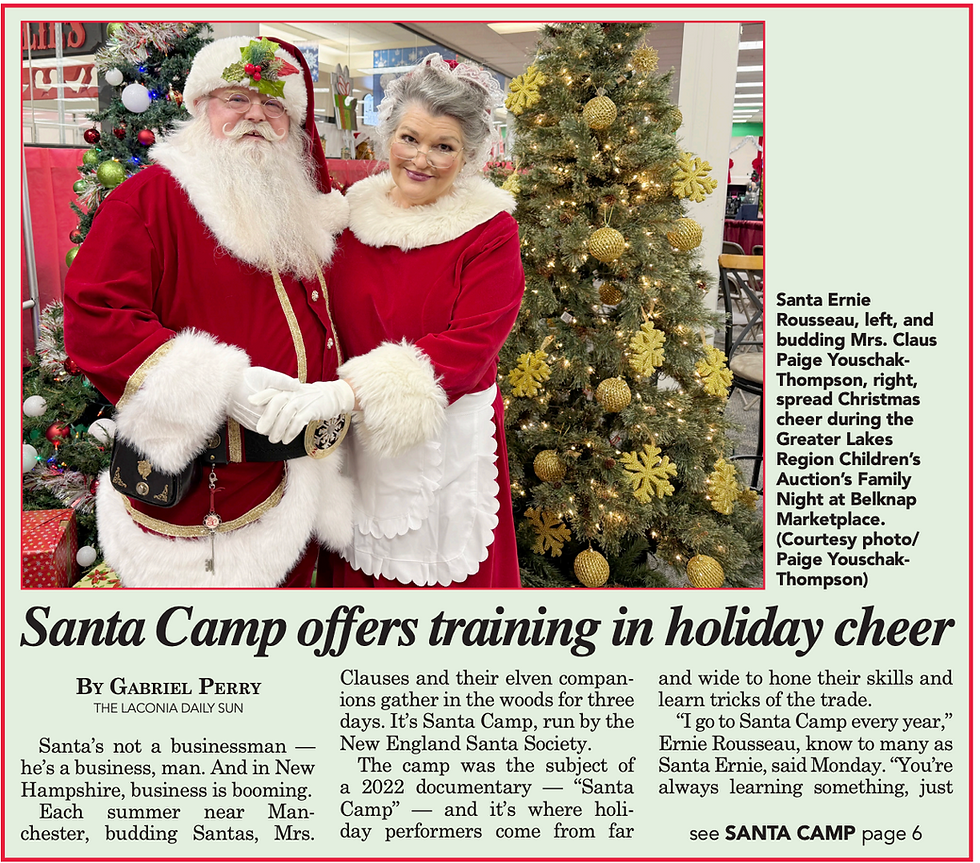Changemaker Chronicles: Got Lunch! Laconia
- Jennifer Kelley
- Jun 11, 2025
- 2 min read
Interview with Trish Poliquin, Volunteer Coordinator
What began 14 years ago as a grassroots initiative by the Laconia Congregational Church has evolved into a vital program that now serves nearly 500 children in the Laconia School District each summer. For many students who rely on free and reduced-price lunches during the school year, summer break can mean a significant gap in daily nutrition. The Got Lunch program aims to bridge that gap by delivering weekly food support throughout the summer.
Families can sign up for the program by noon each Monday to receive food the following week. The program kicks off at the start of summer vacation and runs through the week before school resumes.As Got Lunch enters its 15th year, Volunteer Coordinator Trish Poliquin notes a meaningful addition to the program: literacy support. Poliquin explains “through the initiative, participating families receive journaling materials, coloring books, and non-fiction reading material alongside their food deliveries.”
Food procurement is a year-round effort, largely supported by the New Hampshire Food Bank. However, Poliquin expresses concern that potential funding cuts could reduce the amount of food available from the Food Bank, impacting the program’s reach.
On ten summer Sundays, volunteers help set up tables and prepare food bags for distribution. On Monday morning, approximately 20 volunteers gather to pack dry goods, while another team handles fresh vegetables provided by local farmers. The bags are then staged and loaded onto vehicles for delivery across 18 routes.
Poliquin explains the contents of the weekly bags vary but often include items such as “canned chicken or tuna, mayonnaise, cereal, pancake mix, soups, pasta and sauce, and juice boxes”. Families also receive vouchers for dairy and fruit, redeemable at VISTA Foods. Fresh vegetables are included as well, changing with the season—from cucumbers, lettuce and squash early on to the most anticipated arrival of locally grown corn and tomatoes later in the summer. A volunteer enhanced the program by creating simple recipes for the vegetables to encourage healthy and creative meals.
Poliquin expresses deep appreciation for recent support from the Greater Lakes Region Children’s Auction but notes that rising food costs remain a challenge. She estimates that it “now takes about $200 to feed one child for the full 10-week program.”
Article written by Beth Osgood Dodge. If you are a Greater Lakes Region Children's Auction funded nonprofit contact Beth at beth03253@gmail.com to arrange an interview and let us spread awareness for your mission!
















Comments